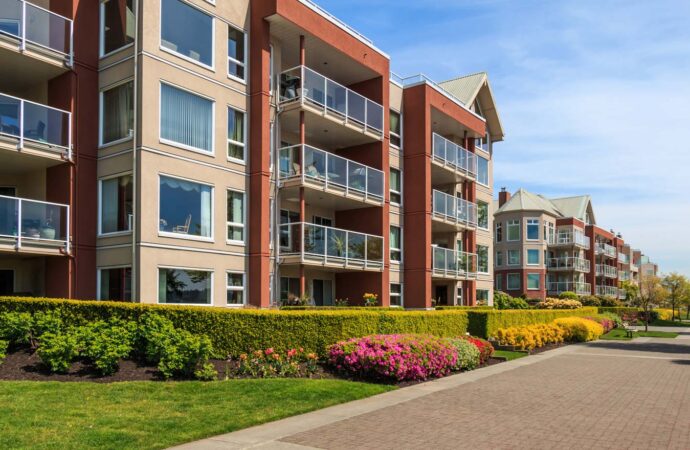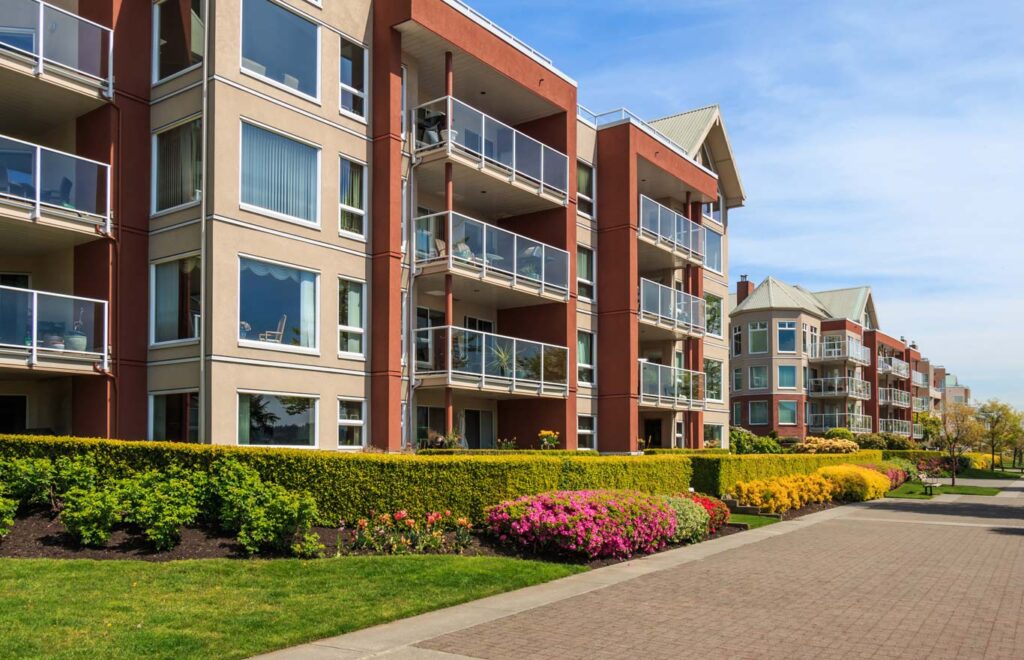Multi-Family Loans
Contact Us

If you and your partner periodically contribute to your investments, you may have enough to purchase an apartment building to build some serious income. Buying an apartment building might be the best investment for you. You need a multi-family housing loan of more than four units. Qualifying is separate from a mortgage on your own residence. Before you agree to buy, make sure you grasp the procedure and specifications.

Qualifying criteria for Commercial Real Estate Loan Pros of Miami
Qualifying for a multi-family loan can vary from lender to lender. However, there are a few related specifications typical of the method. Usually, you need a down payment of at least 25 to 30 percent. More would be needed where there are places of interest to the lender, such as a house that needs substantial renovations. In comparison, multi-family loans have a higher rate of interest and penalties than conventional single-family loans. Qualifying for a loan can rely solely on the income produced by the property. Or, in the case of smaller buildings, you may be eligible to apply for the merits of your personal credit history and score.
Recourse Vs. No-Recourse
Multi-family loans can be obtained as recourse or non-recourse mortgages, based on the conditions of the lender. If the lending company requires access to the loan, the personal properties and equity can be used for redemption if you don’t pay the mortgage. In the case of non-recourse loans, mortgage companies can seize custody of the apartment if you default but do not have a claim for your personal belongings until you comply with the careless provision of your loan papers.
Are you able to buy Multifamily Real Estate?
Anyone contemplating purchasing multi-family real estate should make this choice within the system of their wider investment objectives. One investment target, including personal risk aversion, can affect not just whether to invest in multi-family real estate, but also the form and position of multi-family real estate.
Many with greater risk exposure could be more accessible to investing in opportunistic transactions, like ground-up multi-family buildings in secondary or tertiary markets. Those with a lower risk profile will be best suited by engaging in stabilized multi-family properties, like Class A multi-family buildings in core markets. They have the lowest risk profile, but they still appear to produce the lowest returns.
There is still a significant difference to be made as regards the operation of multi-family real estate. Investors must decide whether to self-manage the building or employ a third-party landlord. This judgment is generally based on the basis of the investor’s ability (i.e. time) and experience of the rental property. It is typically better to self-handle fewer, more manageable properties than to manage a bigger multi-family apartment building. Similarly, anyone of little experience would definitely choose to work with an adept sponsor whether they choose a ground-up or value-added multi-family undertaking since it is more complex and may easily go off-track without astute project management.

The Real Estate Multifamily Business
Multifamily real estate is frequently used to characterize every kind of residential rental property, although there are significant differences to be established between multifamily and other types of residential investment. In comparison, multifamily is a radically different category of property than other types of commercial real estate, such as the office.
Commercial multi-family loan services
There are many forms of multi-family mortgage loan services geared directly at multi-family borrowers, although they are usually classified into three categories:
Government-insured loans are loans issued or backed by the Federal Housing Agency (FHA) and the government-sponsored enterprise (GSE). Commercial Real Estate Pros of Miami has a multitude of lending services open, including long-term funding for secured properties. This is by far their most common scheme for proven multi-property properties due to an attractive 30-year period and a strong 80 percent loan-to-value cap. They often offer shorter-term lending services, including 5 or 7-year loans, bridge loans, mixed-use multi-family loans with alternate applications, including grocery, business, or public parking spaces, and subordinated adjustment or rehab loans that can complement other loan programs. A typical mortgage is a loan issued by traditional lending organizations that may involve a bank, a credit union, or a non-bank lender. Conventional loans are perfect for developers buying lower-property properties with loans beginning at $500,000 or less. The duration of the contract will differ based on the lender and the traditional scheme, which could be a shorter-term maximum, such as 5 to 10 years, or a longer-term of up to 30 years. Private loans are loans provided in the private sector and may involve loans from family members, associates, or existing private lending companies. Private lenders usually provide short-term loans, such as hard money loans that may run from one year to many years at high-interest rates. Private loans are ideal for properties that are not available for traditional funding or government loan schemes, which enable borrowers to upgrade the property, build up a rental history, and then pursue permanent finance after it has been improved. Government-supported loans
Conventional loans
Private loans

Get your Loan with us
You may get a bank loan to purchase, refinance, or create a multi-family property, but the conditions can be quite tight. Loans are usually remedial loans, which implies that the bank will go for all the borrower’s properties and not just the property to secure the loan if you default. In addition, banks are usually less willing to provide 80% leverage, interest-only options, which typically include tax returns as part of their underwriting. At the end of the day, the purposes or interests could better be met by a bank loan, either because of the nature of the loan, the pricing, or the limitations placed on the property in connection with such Agency loans.
The purpose of every investor is to secure a loan that has the highest return and satisfies their needs. But the right value loan for one investor may not be the same for another. It just depends on the property, the credit rating of the borrower and its principals, and the amount of collateral that the investor requires. Commercial real estate lending, investment, and consultancy companies such as Commercial Real Estate Loan Pros of Miami will help you analyze the different financing options available and can help you manage the mechanism to ensure the best available funding for your multi-family needs.
There are so many areas or regions where we offer these services with most of them being cities.
However, if you need any of these services, you need to contact us. The list below comprises the areas where we offer these services.
We service all counties and cities throughout South Florida. However, if you need any of these services in other cities throughout the state of Florida, please contact us. See what services we offer below:

